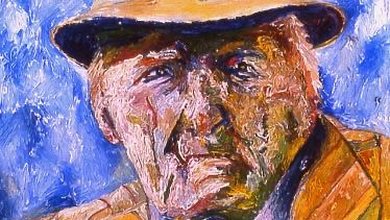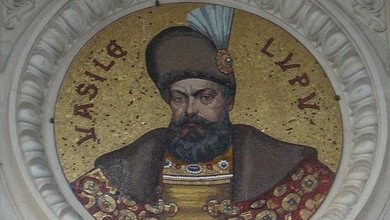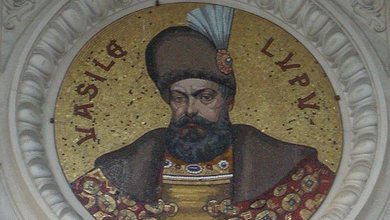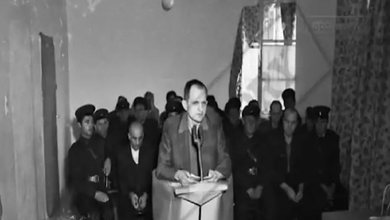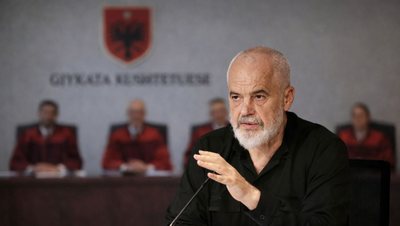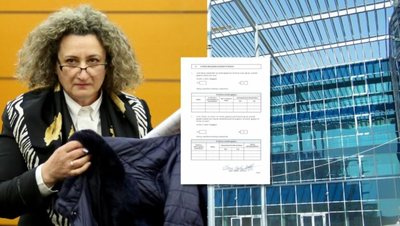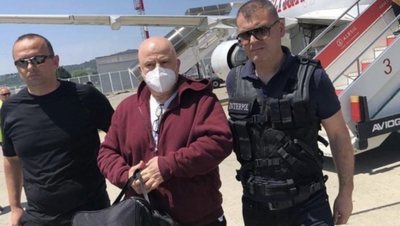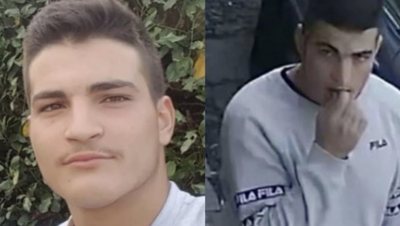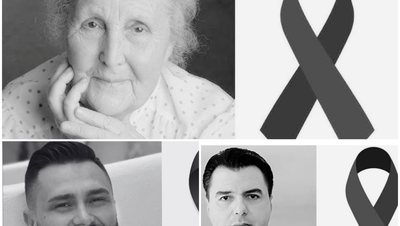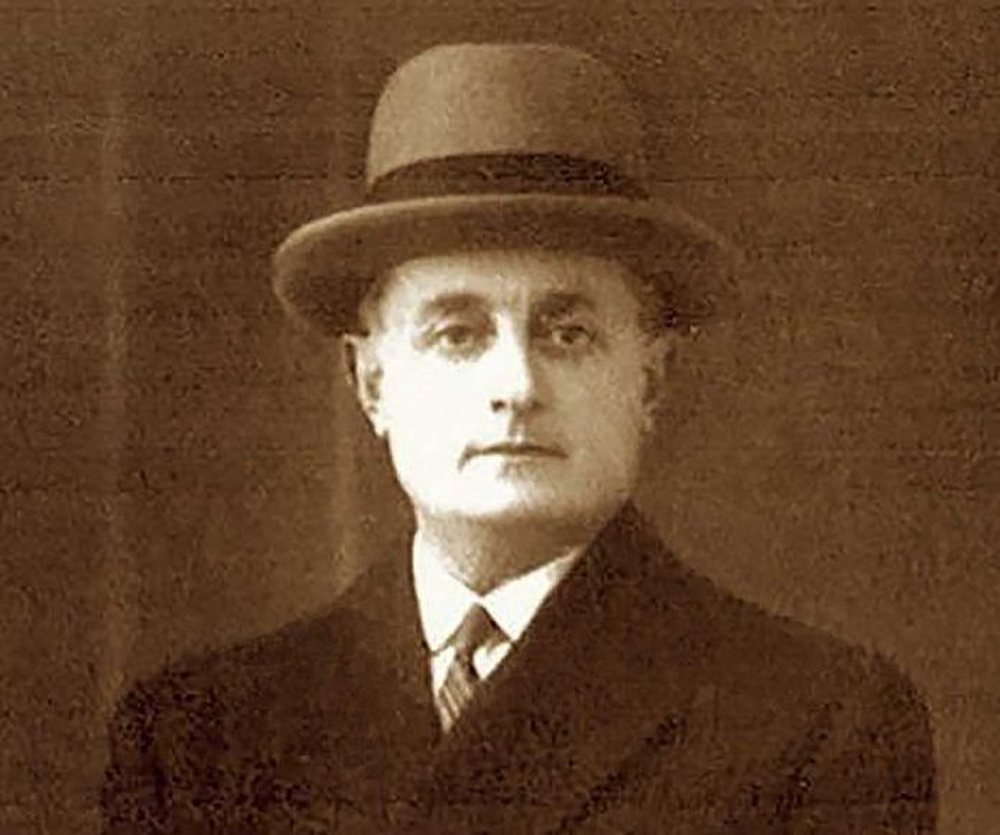
The unknown letter of Ali Asllani, the poet of the late Renaissance generation and former mayor of Vlora in the years 1918–1920, at the time when the Italians were forced to withdraw from the city, a war to which he also dedicated the poem "Vlora, Vlora...", and again in the years 1934–1939, after exercising diplomatic functions as consul in Trieste, Athens and Sofia, in the latter two also as ambassador, reveals the sad fate of an Albanian with valuable literary, public and patriotic contributions, who was forgotten by the communist regime.
Although he had remained largely passive during World War II, Asllani had not directly compromised with the occupiers, nor was he involved in the new structures after 1944. In his 1959 letter to Prime Minister Mehmet Shehu, he, now at the age of 80, requested the restoration of his dignity as a poet and the recognition of his poetic work, with the hope of publication and acceptance into the Writers' League, which he did not even send invitations to events. Without a pension, not accepted by the Writers' League, he continued to work with translations and in collecting historical documents for the Institute of Sciences, although old. But despite this contribution, he was rejected by the new literary elite of socialist realism, as a poet of an old literature, already unwanted by the writers of communist Albania.
Comrade Prime Minister,
I, Ali Asllani, now nearly 80 years old and somewhat known as a poet, take the courage to address you as Prime Minister, but also as a champion of our Arbëro language and I ask you to personally read this letter.
I have not served as I should have served and as the dynamism of our new life demands, and especially I am not able to grab that rifle that I have sung about so much, but it cannot be said that I have remained indifferent: I sang about the revolution and struck hard at the external and internal enemy, when you were fighting (see one of my poems "The Revenge of 1943", also published in the magazine Nëndori, no. 8, 1958).
From the day of the liberation of Shuperisa, November 29, 1945, when the deeds and people of the past were sifted, I have not been given the slightest reproach, nor the slightest remark, and not only to my person, but also to those of my family. On the contrary, at every event, my name was mentioned for good and with good, and thus until 1950, I was able to make a contribution, however small, sometimes with publications of poems (under the pseudonyms "Uilliri", "Dega"), sometimes with declamations at congresses and by collaborating in the collection and translation of historical documents at the Institute of Sciences.
Comrade Prime Minister, my poems bear different dates, from 1915 to now, late 1955. The epic part, except for a few, could not be published because at that time, especially in Vlora, we were under the hooves of Italy and the poems in question were fighting against this. Later, the enemy that was driven out with rifles, came back with diplomacy and alliance to then end in direct occupation.
Comrade Prime Minister, last August a new writer, comrade Razi Brahimi, came from the Nëndori Magazine, and authorized by his fellow collaborators, with the aim of doing a service to our literature, to ask for poems to publish. I handed them over with great joy. We also reviewed them together and, except for a few, the comrade in question found them good and inspired with a new spirit. Thus, out of the 4000 or so verses that he received, about 600 verses were published in issue 8 of the Nëndori Magazine in 1958. These were selected and published by the Editorial Board itself, and all together, epic, social and lyrical, were submitted to the Publishing Company at the beginning of May-September 1958 with the aim of publishing them in a book, but to this day, although 8 months have passed, I do not know for what reason the publication has not been made.
This publication was and is a great pleasure for me.
Most of these poems were studied by the writer Sterjo Spase, and I understand that my friends Shefqet Musaraj, Prof. Skënder Luarasi, and others also know them.
Comrade Prime Minister, with epic poems I have sung the heroism of the Albanian people; with social poems I have made fun of some vices of the time and of the social life that I have experienced, with lyrical poems I have sung the love, the beauty of our country and especially the beauty of the Albanian girl and especially the girl of the new Albania that under the paternal leadership of the Party and People's Power:
"With a strange quirk
found the stolen song"
………………………………………….
"Leaves burnt in the sun"
burning grass in the field
They are making the swan's nest,
and fallow silver and gold!”
I would very much like to have had the opportunity to sing some of these poems myself before you, but considering the great value of time for you, I have not had the courage to address you, and even today I do not know how I dared; yes, since I am nearly 80 years old, I would consider this a privilege that can be of help to my age and not to my person on your part.
For these poems, which were not allowed to be published for 30 years and remained silent, it seems to me that the time has come for publication. If time would allow you and you would consider them, I am convinced that you would give the competent authorities the necessary instructions for their publication.
Comrade Prime Minister, I have another issue: I have not received any invitation from the Writers' Club here to this day. This is not right because when we were under Italian occupation, my name, along with that of Fan Noli and two or three others, never appeared on the list of the Literary Society; the reason was that my poems, such as "Fejzo Xhafua", the song "Vlorë, Vlorë" and many, many others, had hit Italy hard, since 1915, a blow that continued with even greater severity, until the National Liberation Rifle overthrew the occupier. This would be reason enough for me not to remain in oblivion; that door that the occupier's hand had closed to me, the hand of the comrade and liberating brother must open to me with full compassion.
Comrade Prime Minister, I would like to take this opportunity to mention to you that many years ago I published a poem called “Hanko Halla”. Hanko Halla speaks like Zeqo’s mother, she weaves her frocks and black shirts on a thief’s tongue, and she is also angry at our sins which have caused the two crescents of the moon to no longer return from the Kaaba in the month of Ramadan. This is a humorous work. Today, not a single copy of this work can be found, if you would consider it valuable, I pray that this too be reprinted.
Comrade Prime Minister, the Party and the Government sought and found the poets and patriots of the Renaissance, wherever they were, and they changed and resurrected them, bringing their remains to their homeland. Therefore, I am convinced that the Party and the Government that revived and changed them will not leave me in oblivion, even though I do not have their importance, but my age and time have ranked me with them.
Apologizing for the inconvenience and confident that my work will be given a fair solution, I present my findings.
(Ali Asllani)
Tirana, April 28, 1959
Avni Rustemi Square 107
Tirana


